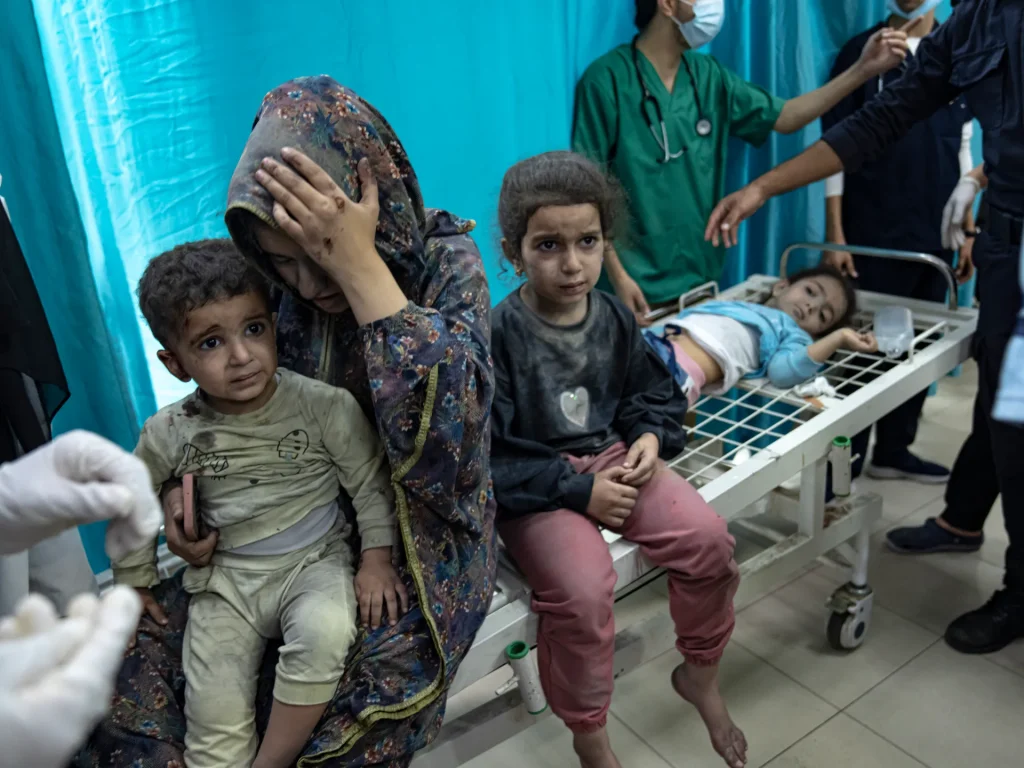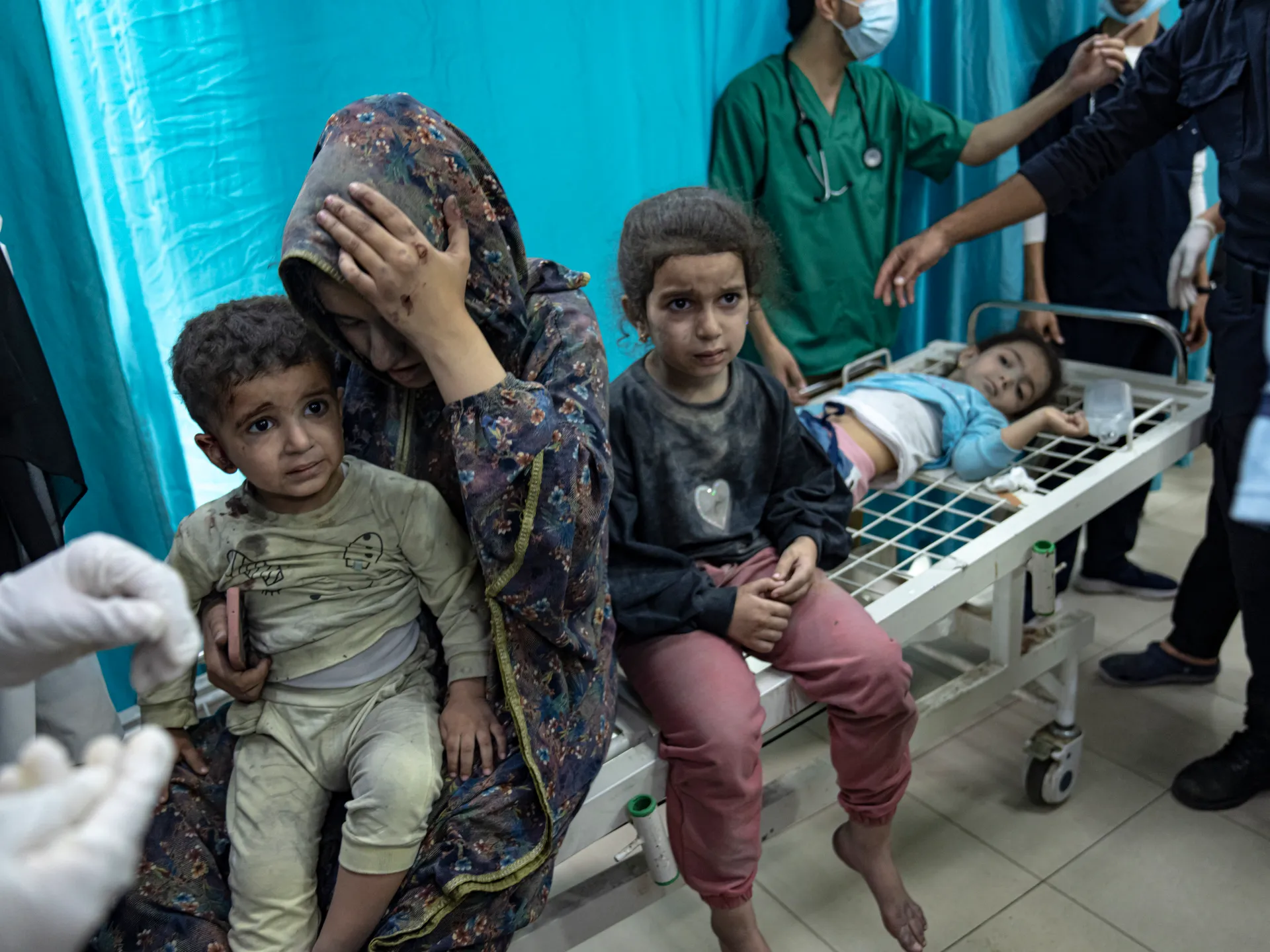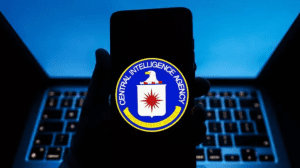Israel has bombed Gaza’s Shuhada al Aqsa Hospital 13 times, the latest strike killing displaced civilians. The repeated targeting raises urgent questions on international law, war crimes, and global accountability.

On August 15, Gaza witnessed another tragedy. Israel struck Shuhada al Aqsa Hospital again, killing two displaced Palestinians seeking shelter. This was not the first time the facility had been targeted. According to local reports, the hospital has now been bombed 13 times since the escalation of Israel’s military campaign in Gaza began.
A Pattern of Attacks on Medical Facilities
Hospitals in Gaza have long been considered sanctuaries. Yet Shuhada al Aqsa has become a repeated target. Human rights organizations describe this as a clear violation of international humanitarian law, which protects medical facilities even during active conflict. Thirteen separate strikes point to more than accidental damage — they suggest a pattern of deliberate targeting.
Civilian Lives Under Fire
The victims of the latest strike were displaced Palestinians, individuals who had already fled their homes seeking refuge in what should have been a safe zone. For many in Gaza, hospitals represent the last remaining spaces where survival seems possible. The bombing of such sites not only kills civilians but also strips communities of access to critical medical care.
Israel’s Justification and Global Reaction
The Israeli government has repeatedly claimed that Hamas operates within or near medical facilities, using them as shields. However, international observers argue that such justifications do not absolve an occupying power from responsibility under the Geneva Conventions. Striking a hospital 13 times has triggered renewed outcry from the United Nations, humanitarian NGOs, and civil society groups across Europe and the Middle East.
War Crimes Allegations
Legal experts now warn that repeated hospital bombings may constitute war crimes. Under international humanitarian law, medical sites and the civilians within them enjoy special protection. The targeting of Shuhada al Aqsa, one of central Gaza’s few functioning hospitals, raises pressing questions about Israel’s military conduct and accountability before international courts.
The Humanitarian Crisis Deepens
The destruction of hospitals comes at a time when Gaza’s health system is collapsing under the weight of war. Fuel shortages, lack of medical supplies, and mass displacement have pushed the population into a humanitarian catastrophe. With Shuhada al Aqsa repeatedly under fire, doctors and nurses continue working in impossible conditions, risking their lives to treat the wounded.
International Pressure Mounts
The United Nations Secretary-General has called for the immediate protection of civilians and medical infrastructure. European leaders and Arab states have also voiced concern, with some urging for an independent investigation into Israel’s actions. The repeated strikes on a hospital have turned the Gaza war into not only a political and military crisis but also a moral test for the international community.
A Call for Accountability
As the war drags on, accountability remains uncertain. The International Criminal Court has already opened preliminary inquiries into alleged violations by all parties. But for the families of the victims, justice is distant. Each bombing deepens the sense of abandonment among Palestinians, who see the world’s failure to act as complicity.
Conclusion: A Defining Moment for Global Governance
The bombing of Shuhada al Aqsa Hospital 13 times cannot be dismissed as collateral damage. It is a stark reminder of the cost of impunity in modern warfare. Whether the global community responds with action or silence will shape not only the future of Gaza but also the credibility of international law itself.



















Comments are closed.